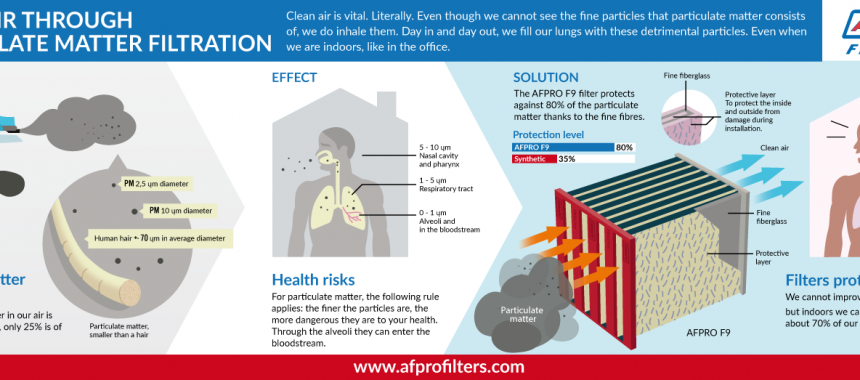Optimizing Comfort And Savings - Tips For Optimizing Your Heatpump Efficiency
Optimizing Comfort And Savings - Tips For Optimizing Your Heatpump Efficiency
Blog Article
Article Author-Sutton Lindhardt
Whether you own a heat pump or have an existing central heating boiler back up, there are a few things that can be done to maximize your system for efficient operation. By adhering to these pointers, you can take full advantage of comfort and savings without stressing your system or acquiring energy expenses.
Changing your thermostat for effectiveness is one of the initial steps. Using zoning capabilities to restrict home heating of unoccupied rooms is another reliable method.
1. Set Your Thermostat to the Right Temperature
As the seasons alter, stabilizing comfort and expense performance can be an obstacle. Fortunately, a few basic ideas can help you minimize energy intake and optimize savings.
Beginning by identifying the very best temperature for your family members, after that establish your thermostat accordingly. Stay clear of making huge lift and down in the temperature level setting, as this will create your heat pump to cycle on and off more frequently, using up extra energy.
Rather, progressively lower the temperature at night for a more comfortable sleeping setting. After that, increase it a little in the morning. Bear in mind to maintain air vents open and guided downward when heating, and up when cooling to enhance circulation.
2. Evaluate Your Device Regularly
A heat pump system needs marginal maintenance, however it's important to check the system frequently to catch any kind of issues prior to they end up being extreme. Tidy interior filters on a schedule established by the maker or when they're noticeably unclean, and see to it outside systems contend the very least two feet of clearance to permit airflow.
Examining the device will certainly also consist of cleaning, tightening electric terminals, and running performance tests to make certain precision during heating and cooling settings. It's recommended to have an expert service the heat pump twice a year. Performing these routine services can maximize power cost savings and extend the life of the system.
3. Clear Snow and Ice Around the System
Heatpump are designed to operate outdoors and require to be without snow and ice in order to flow air. If your heat pump is blocked by snow and can not draw in air, it will toggle in between heating & cooling and may overwork.
It is very important to remove a two-foot clearance around your outside device in order to boost air flow and avoid ice accumulation. Heat pumps generally get in a defrost setting in the winter to thaw ice and snow but this process can be problematic if your unit is blocked by way too much snow. This will decrease your power efficiency and bring about pricey repair service expenses in the future.
4. Evaluate the Refrigerant Levels
A heatpump makes use of refrigerant to cool your home in summer season and cozy it in winter months. You can help maximize its performance by frequently examining the cooling agent degrees.
It takes much more power to change the temperature level of your heatpump from a comfy setting to a colder one than it does to preserve that temperature level. Transforming https://www.facilitiesnet.com/hvac/article/4-Strategies-for-Advanced-Air-Filtration--19133 for brief amount of times can additionally throw away power.
Leaking ducts and dirty air filters can cause unequal temperature levels. They can also make your heat pump less reliable and set you back even more to operate. A professional can find and fix these issues to enhance your heat pump's performance.
5. Maximize Your Zoning Capabilities
Making use of the zoning capacities of a heat pump can help to minimize power waste by heating up just occupied spaces. This not only decreases energy intake however likewise lowers operating expense and prolongs the life of the system.
The Build Well balanced Zones device makes use of a genetic formula to build zones that fulfill needed area structure requirements. These requirements include equivalent area, density, and equal variety of features.
Additionally, by using smart thermostat innovation to optimize the temperature level settings based on tenancy patterns and organizing, you can even more boost your heatpump's performance. Preserving a tidy air filter, making sure correct insulation and having your ductwork examined for efficiency can all contribute to improved energy financial savings also.
6. Shielding the Outdoor Unit
Home owners typically ask whether it's worthwhile to plant color trees near their outdoor air conditioning system (AC) device. The response is usually yes, as shielding the air conditioner device can help reduce warmth from the sun, which subsequently aids it cool much more successfully.
Nonetheless, it is very important to keep in mind that shielding the a/c system does not always reduce energy usage. As clarified in the Discussion section of the FSEC report, the temperature level of the surrounding air has a bigger influence on cooling down efficiency than does the volume of air pulled in by the air conditioning system.
If your cooling compressor gets on the south side of your home, consider planting tall, deciduous trees with large, spread-out covers. These can offer ample color within one year.